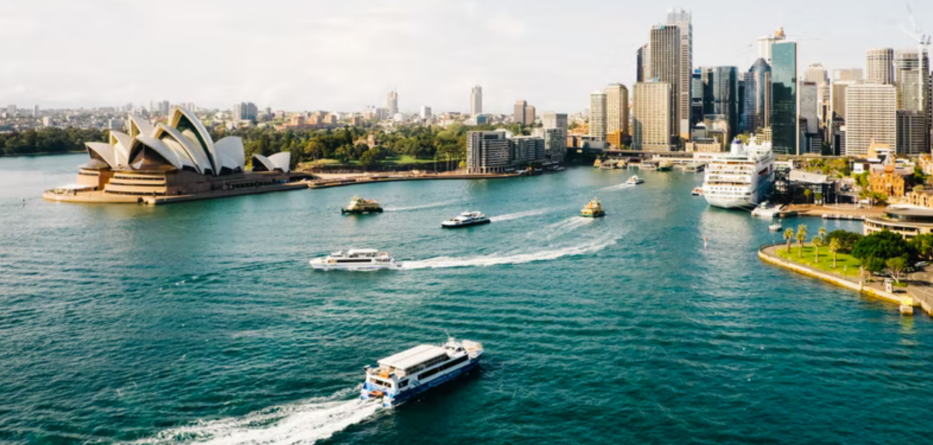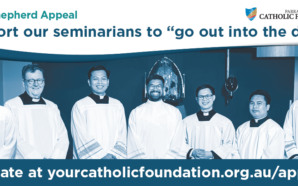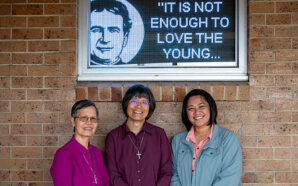Environmental concern, better palliative and aged care, growing poverty, rights of asylum seekers and Aboriginal peoples, religious freedom, and school choice for Catholic education are among the main topics highlighted by the Bishops.
Archbishop Mark Coleridge of Brisbane, the president of the Australian Catholic Bishops’ Conference, expressed those concerns in a statement released on Tuesday, just over one month before election day.
Politics at service of common good
The Bishops recall Pope Francis’ appeal for “a better kind of politics, one truly at the service of the common good.”
“Our Christian faith calls us to be a missionary people bearing witness to the love of Jesus Christ for humanity. Our beliefs are not a private spirituality, but are realised through love expressed in action.”
One important part of being Christians in a democratic society, say the Bishops, is to reflect “on the good they can do for their community by using their vote for the good of all.”
New social contract in wake of pandemic
Australia, in the years since the last election in 2019, has witnessed the impact of extreme weather, the effects of Covid-19, and the war in Ukraine, which highlight the need to protect the political values of peace, justice, and collaborative participation.
As the country seeks economic recovery in the wake of the pandemic, the Bishops call for “a new social contract” that promotes the common good without leaving any person or social group behind.
They point to the need to improve healthcare, especially the standards of aged care and palliative care, since human dignity requires that society give value to “the lives of all people, including those near the end of their lives.”
“We are concerned by laws that support the notion that a person’s life might reach a point at which it is no longer of value. This is particularly dangerous given it is often the most vulnerable who are at risk of receiving lower standards of health, aged, and palliative care.”
Access to palliative care is essential, say the Bishops, so that the dying are not pressured into opting for assisted suicide.
Sustaining Catholic education
The Australian Bishops go on to call for policies that raise unemployment benefits and assist those languishing in poverty.
Religious freedom must also be safeguarded, they add. “Protection from discrimination and the liberty to run religious organizations on the basis of their faith-inspired mission are fundamental human rights that deserve to be protected.”
With Church-run institutions educating over 777,000 Australians a year, the Catholic Bishops urge voters to choose politicians that will ensure “school choice remains an accessible option for all families,” especially those in disadvantaged communities.
Humane system for disadvantaged
The rights of Aboriginal and First Nations Australians should also play a part in voters’ election decisions, say the Bishops.
“Constitutional recognition and active steps towards reconciliation are fundamental moral issues. They require the willingness of Australians to engage in a process of “truth-telling”, listening to the experiences of First Nations Australians and their hopes for the future.”
Refugees, too, require consideration, and the Bishops ask for the creation of a “just, humane, and timely system for assessing claims for asylum.”
The Bishops then call for politicians to lay out a “new integral ecology” in response to the “social, economic, health, and ecological dimensions of the current environmental crisis.”
Seeking ‘good politics’
In conclusion, Australia’s Bishops return to the Pope’s vision for politics, and ask Australians to use their votes and voices responsibly.
“Good politics combines love with hope and with confidence in the reserves of goodness present in human hearts. – Pope Francis”
With thanks to Devin Watkins and Vatican News, where this article originally appeared.








